Fake airline tickets are a real concern, potentially leaving travelers stranded, out of pocket, and facing serious inconveniences. Whether you’re booking a round trip or securing an onward ticket for visa purposes, understanding how do you know if tickets are fake is a crucial skill for any savvy traveler. This guide Onward Free will walk you through what constitutes a valid ticket, the consequences of using a fake one, and most importantly, how to verify if your ticket is the real deal.
What is a valid flight ticket?
In today’s digital age, a flight ticket is almost always an e-ticket (electronic ticket). This isn’t a physical piece of paper in the traditional sense, but rather a digital record held in the airline’s booking system. When you purchase a flight, you’ll typically receive:
- Booking Confirmation: This is an acknowledgment from the airline or travel agent that your reservation has been made and payment has been received. It will usually include your name, flight details, and a Passenger Name Record (PNR) or Booking Reference. This PNR is a unique code (usually six alphanumeric characters) that allows you and the airline to access your booking details.
- E-ticket: This is the actual document that entitles you to travel. It contains more detailed information, including an e-ticket number (a 13-digit number, where the first three digits usually represent the airline’s IATA code). Sometimes, the booking confirmation and e-ticket information are combined into one document.
A valid flight ticket means your booking is confirmed in the airline’s system, linked to your name, and paid for (or legitimately held, in the case of some onward ticket services). It’s your proof that you have a seat on that flight.
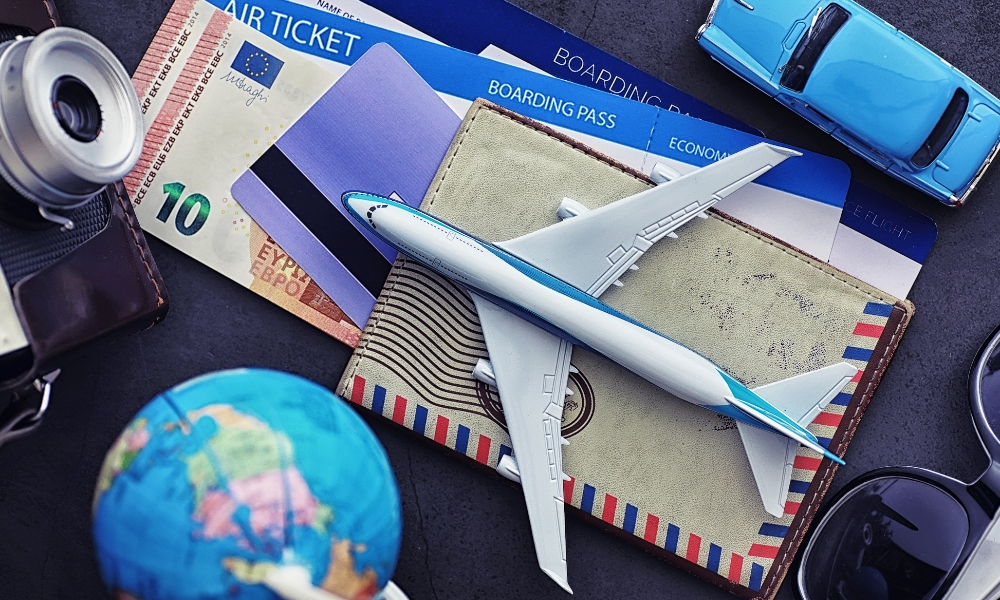
Consequences of Using a Fake Flight Ticket
Using a fake flight ticket, even unknowingly, can lead to a host of serious problems:
- Denied Boarding: This is the most immediate consequence. If your ticket isn’t valid, the airline will not allow you to board the aircraft.
- Financial Loss: You’ll lose the money you paid for the fake ticket and will likely have to purchase an expensive last-minute legitimate ticket if you still need to travel.
- Significant Travel Disruption: Imagine being stranded at an airport, potentially in a foreign country, with your travel plans in disarray. This can lead to missed connections, accommodation issues, and immense stress.
- Visa and Immigration Problems: If a fake ticket was presented as proof of onward travel for a visa application or to immigration officials, you could face visa denial, interrogation, deportation, and even bans from entering the country (or other countries) in the future.
- Potential Legal Trouble: Knowingly presenting fraudulent documents is a serious offense in most countries and can lead to fines or, in severe cases, criminal charges.
- Airline Blacklisting: Airlines may ban individuals found using or attempting to use fake tickets from flying with them in the future.
The risks associated with fake tickets far outweigh any perceived benefits of a “too good to be true” deal.

How do you know if tickets are fake? 4 Top Ways to Verify
Using a fake flight ticket, even unknowingly, can lead to a host of serious problems. Understanding these potential pitfalls underscores the importance of the question: how do you know if tickets are fake?
Check Directly with the Airline
This is the most reliable method if you’re wondering how do you know if tickets are fake.
- Online “Manage My Booking” / “My Trips”: Almost all airlines have a section on their official website where you can retrieve your booking details. You’ll typically need your PNR/Booking Reference and your last name. If your booking is legitimate, it should appear with all the correct flight details.
- Call Airline Customer Service: If you can’t find your booking online or want extra assurance, call the airline’s official customer service line. Use the phone number listed on their official website (beware of fake customer service numbers found through random internet searches or suspicious emails). Provide them with your PNR, and they can confirm your reservation status.
Examine the Ticket Details Closely
Scrutinize the information on your confirmation and e-ticket:
- Passenger Name Record (PNR) / Booking Reference: Is it present? Does it look like a standard format (usually 6 letters and numbers)?
- E-Ticket Number: Is there a 13-digit e-ticket number? The first three digits are the airline’s IATA accounting code (e.g., United Airlines is 016, Lufthansa is 220). You can often find lists of these codes online. If this number is missing or seems incorrect, it’s a red flag.
- Flight Details: Do the airline name, flight number(s), departure/arrival cities and airports (including IATA airport codes like LHR for London Heathrow or JFK for New York JFK), dates, and times all match what you were expecting or what’s listed on the airline’s official schedule?
- Spelling and Grammar: Official airline documents are usually professionally produced. Multiple spelling errors, awkward grammar, or poor formatting can indicate a fake.
- Logo and Branding: Does the airline logo and branding look authentic? Compare it to the airline’s official website.
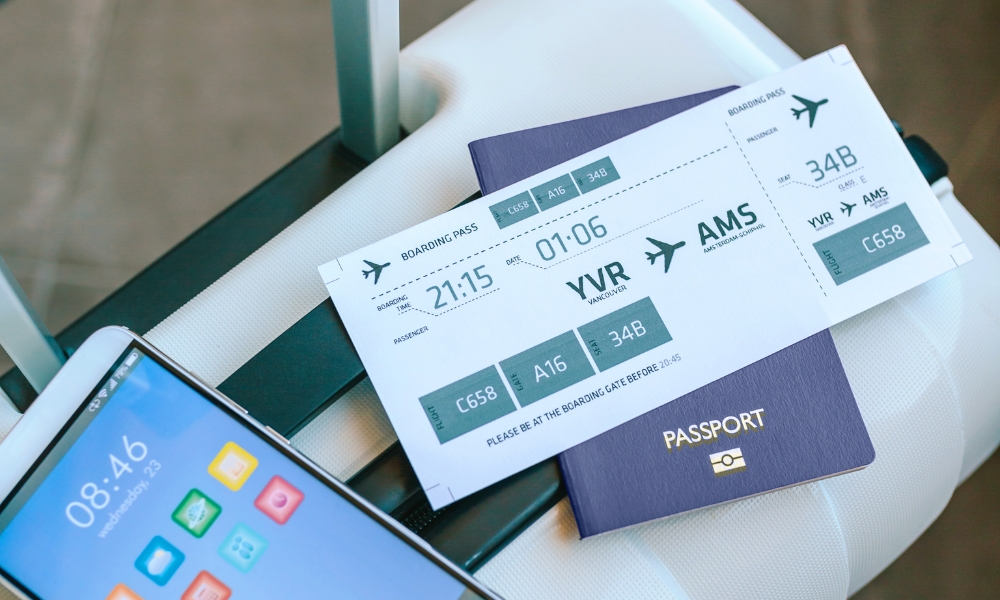
Analyze the Source and Payment Method
Where and how you bought your ticket can be telling, offering crucial clues to how do you know if tickets are fake. The source of your ticket and the way you paid for it can be very telling. Always try to book directly with the airline or through well-known, IATA-accredited online travel agencies. Be wary of websites offering unbelievably low prices, those with poor design, spelling errors, no physical contact details, or URLs that are slightly misspelled versions of legitimate sites, as these are common red flags for suspicious sources.
Furthermore, the payment method requested can reveal a lot. Be highly suspicious if you’re asked to pay via an unusual method, such as a direct bank transfer to a personal account, a wire transfer service, gift cards, or cryptocurrency. Legitimate bookings typically use secure credit or debit card payments through established gateways, which also offer better fraud protection for you as a consumer.
Look for Confirmation Emails and Official Communication
The way information is communicated to you significantly matters. Carefully check the sender’s email address; official airline emails will originate from their official domain (e.g., @flyemirates.com), not from generic providers like @gmail.com or a misspelled version of the airline’s name. Furthermore, assess the email content and any attachments: the email should appear professional, contain all necessary booking details without aggressively pushing for more personal information, and include a proper e-ticket PDF rather than just a vague confirmation message. Be particularly cautious of emails that demand urgent action or request additional payments for unclear reasons.
Red Flags: Common Signs of a Fake Flight Ticket
Beyond direct verification, here are some common red flags that should make you suspicious and help you understand how do you know if tickets are fake:
- Prices “Too Good to Be True”: If a flight is offered at a price drastically lower than all other airlines or reputable travel agencies, it’s often a scam.
- High-Pressure Sales Tactics: Being pressured to book immediately “before the price goes up” or because “it’s the last seat” can be a sign of a scammer trying to rush you into a bad decision.
- Unusual Payment Requests: As mentioned, demands for payment via bank transfer, wire services, gift cards, or cryptocurrency are highly suspicious for flight tickets.
- Missing or Invalid PNR/Ticket Number: If you don’t receive a PNR or e-ticket number, or if the one provided doesn’t work on the airline’s official website.
- Poor Quality Documents: While some fakes are sophisticated, many have blurry logos, inconsistent fonts, spelling mistakes, or an overall unprofessional appearance.
- Communication Breakdown: If the “agent” or “website” becomes unresponsive or difficult to contact after you’ve made the payment.
- Sudden “Problems” Requiring More Money: Being told after payment that there’s an unexpected fee, a sudden price increase you must cover, or that your ticket needs an extra payment to be “confirmed” or “issued.”
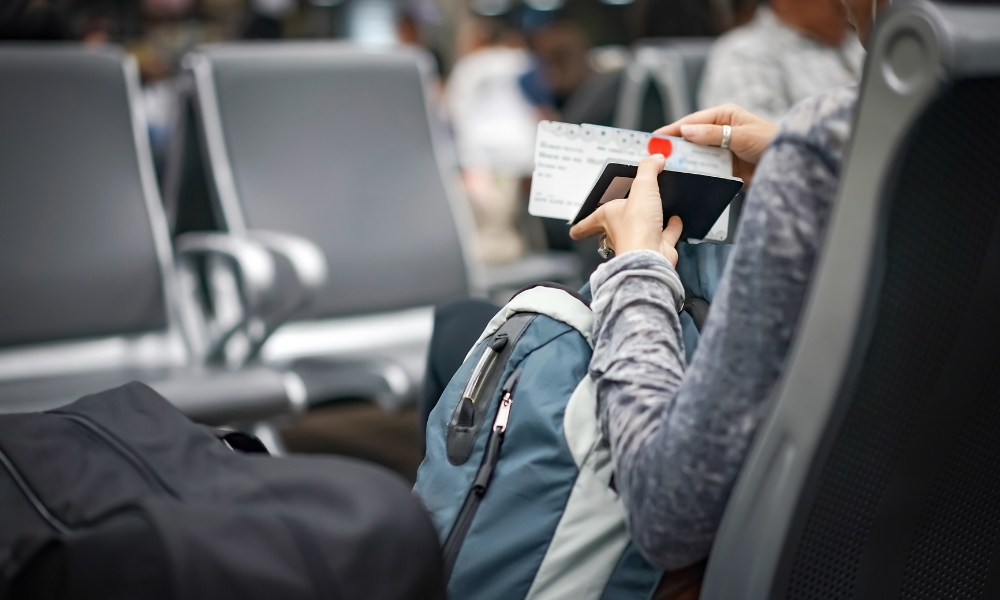
What to Do If You Suspect Your Ticket Is Fake
If you have any doubts and are grappling with the question, “how do you know if tickets are fake even after checking?”, take these steps:
- Don’t Panic, but Act Quickly: The sooner you address the issue, the better.
- Contact the Airline Directly: Use their official website or customer service number to attempt to verify the PNR or ticket number. Explain your concerns.
- Contact Your Bank or Credit Card Company: If you’ve paid and suspect fraud, report it immediately. They may be able to stop the payment, reverse the charge, or advise on fraud proceedings.
- Report the Scam: Report the fraudulent website or seller to consumer protection agencies, anti-fraud organizations (like Action Fraud in the UK or the FTC in the US), and the airline itself.
- Do NOT Attempt to Travel: Do not go to the airport hoping a suspected fake ticket will work. You will likely be denied boarding and could face further complications.
Onward Tickets and Ensuring Legitimacy
For many international travelers, especially those on one-way trips or with flexible itineraries, providing proof of onward travel is a common requirement for visa applications or when entering a country. This is where services like Onwardfree.com become invaluable, offering a smart and reliable solution. Instead of purchasing expensive, fully refundable tickets or taking risks with questionable methods, Onwardfree.com provides travelers with genuine, verifiable flight reservations tailored for this specific need.
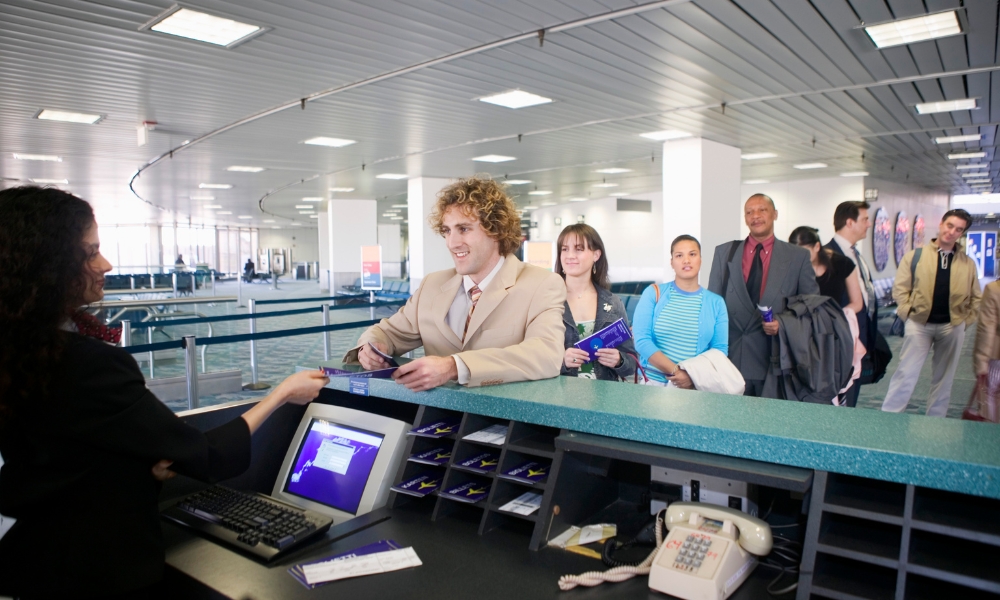
It’s crucial that any onward ticket used for such purposes is legitimate and verifiable. Onwardfree.com excels in this area by securing actual, confirmed flight bookings with valid PNRs. These PNRs can be easily checked on the respective airline’s official website for the period they are intended to be used (typically 24-48 hours or longer, depending on the specific service chosen), giving you complete peace of mind. This commitment to transparency and verifiability sets reputable providers apart.
Using a legitimate, verifiable onward ticket from a trusted source like Onwardfree.com protects you from the considerable risks associated with fake documents. It ensures you meet immigration requirements smoothly and confidently, allowing you to focus on your travels rather than bureaucratic hurdles.
Conclusion
Being informed and vigilant is your best defense, especially when considering how do you know if tickets are fake. Always book through reputable channels, check details meticulously, and verify bookings directly with the airline if in doubt. For more details on easy solutions like the service previously highlighted, navigate to Blog Onwardfree.com. Onward Free is always honored to accompany you on every trip!

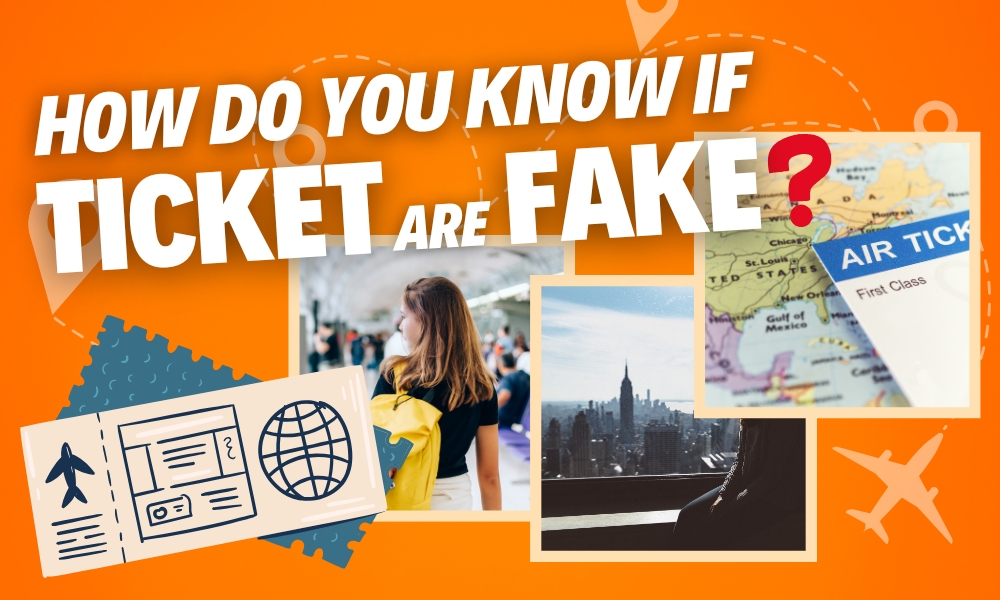

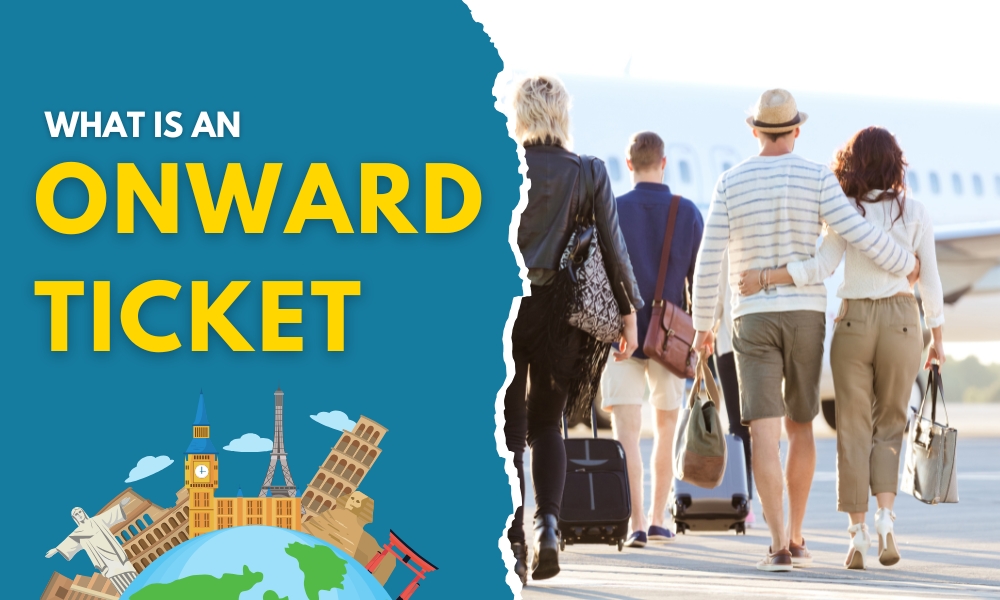


0 Comments